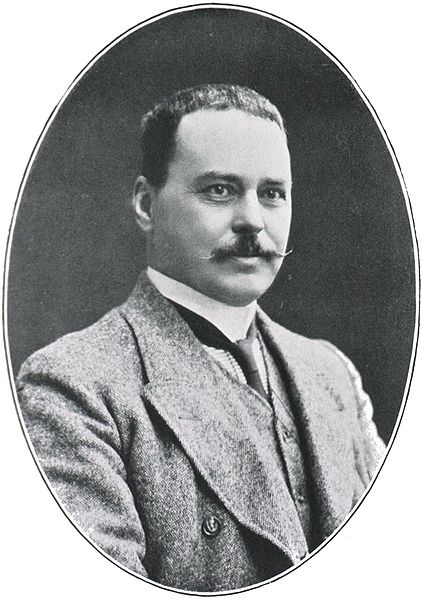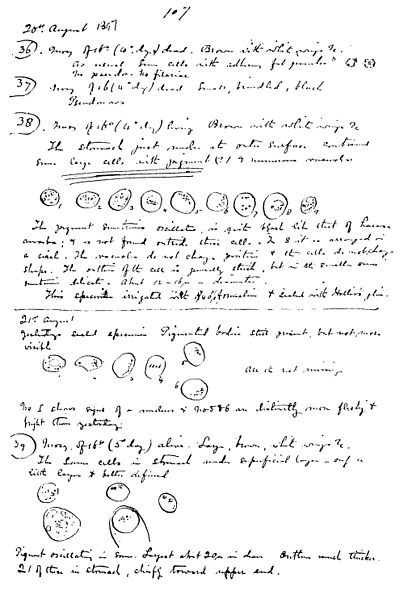Infinite photos and videos for every Wiki article ·
Find something interesting to watch in seconds
History by Country
Wonders of Nature
Celebrities
Supercars
Rare Coins
Sports
British Monarchs
Largest Empires
Famous Castles
Great Museums
Best Campuses
Kings of France
Countries of the World
Great Artists
Orders and Medals
Animals
Presidents
Recovered Treasures
Crown Jewels
Great Cities
Largest Palaces
Ancient Marvels
Wars and Battles
Tallest Buildings
World Banknotes
Richest US Counties
more top lists





